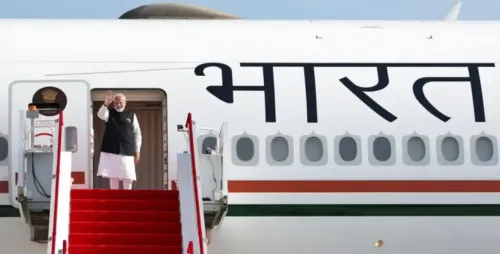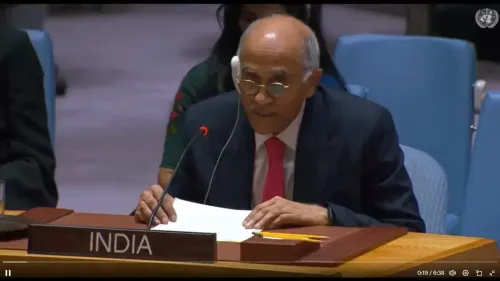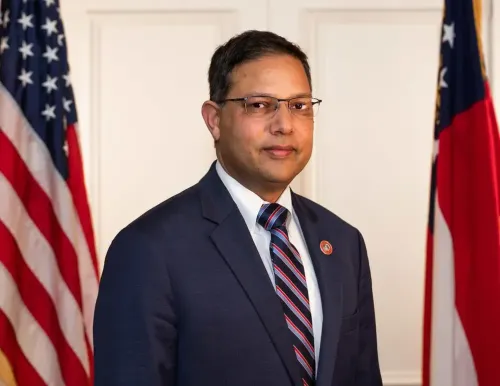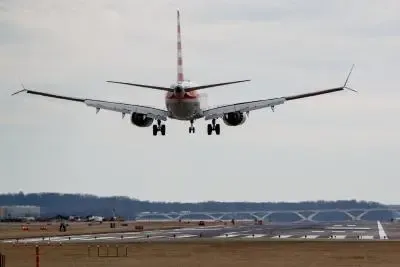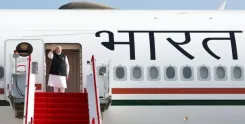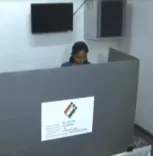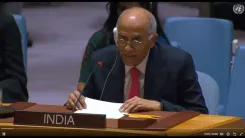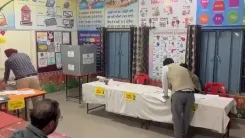Why Are Polytechnic Students in Bangladesh Protesting Against the Education Crisis?
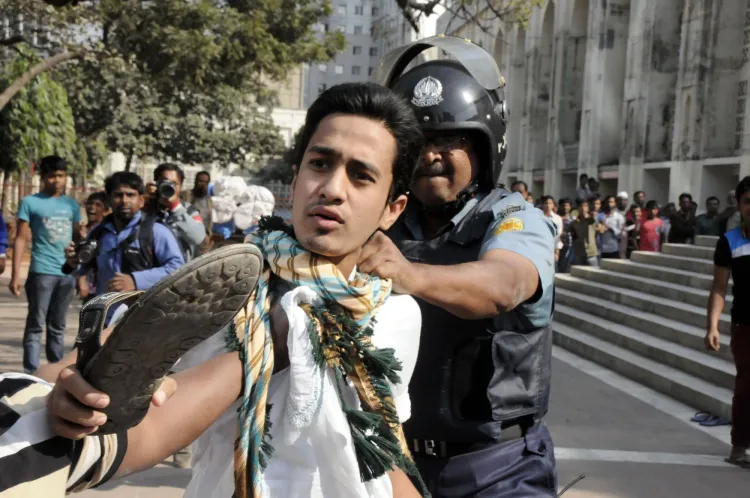
Synopsis
Key Takeaways
- Protests highlight a crisis in technical education.
- Students demand equal opportunities in engineering.
- Blockades have caused significant disruptions.
- Concerns over recruitment barriers are paramount.
- Recognition of technical education is essential for progress.
Dhaka, Sep 17 (NationPress) A significant number of polytechnic institute students from across Bangladesh gathered to protest in Dhaka and other regions, expressing their worries regarding a deepening crisis in technical education and diminishing prospects for engineers within the national job market, according to local media reports on Wednesday.
The demonstrators, representing both government and private polytechnic institutes, as well as Technical Schools and Colleges (TSC) and other institutions under the Bangladesh Technical Education Board, obstructed the Satrasta intersection in the capital to articulate a range of demands.
This blockade resulted in significant traffic disruptions in Satrasta and nearby areas, leaving many office-goers and commuters stranded.
Deputy Commissioner of Dhaka Metropolitan Police's Tejgaon Division, Ibne Mizan, confirmed the situation, saying, "Approximately a thousand students are occupying the road. We are engaging with them and striving to manage the circumstances."
The students accused a powerful group of deliberately sabotaging technical education to weaken the polytechnic system and restrict access to the engineering field.
“A strong syndicate has taken control of our technical education system. They are obstructing our paths. We will no longer tolerate this injustice,” one of the protesters was quoted by Bangladeshi media outlet UNB.
Additionally, in the Dinajpur district, students from polytechnic institutes blocked railway lines as part of their ongoing demonstrations, halting train services at the Fulbari Rail Crossing and stranding the Dhaka-bound Drutojan Express and the Rajshahi-bound Banglabandha Express at the Dinajpur Railway Station.
The demands from the protesters included recognizing technical education, ensuring equal opportunities for polytechnic graduates in the engineering field, and dismantling recruitment barriers imposed by syndicates.
Furthermore, they called for an end to discrimination in higher education, extending government benefits to private polytechnic students, and establishing technical education as a fundamental element of the national development framework.
Last month, a group of students from engineering universities, including the Bangladesh University of Engineering and Technology (BUET), had previously blocked the Shahbagh intersection in Dhaka, advocating for their three-point demand.
Following this, at least 50 students sustained injuries during violent confrontations with police as engineering students attempted to march towards Jamuna, the residence of interim government Chief Advisor Muhammad Yunus, to assert their demands.
Since the Yunus-led interim government came into power in August 2024, Bangladesh has been experiencing a surge of protests and rampant lawlessness.

